One of those participants was Amanda Marrs. Her response to the course assignment was to wonder what might happen if the same questions were posed not only to humans, but to trees. That curiosity blossomed into Entosophy—a project of interspecies interviews that has since taken on a life of its own.
What follows is Amanda’s account of how Entosophy began, along with an excerpted conversation with Japanese Flowering Cherry.
From Ecosophy to Entosophy
Entosophy began as a class assignment. A student in Nathan Introduction to Philosophy for Ecological Action, or Ecosophy, I was tasked with constructing a foundation for my personal philosophy by answering five questions. Answering these five questions would shape the intentional action proposed in my final project, a project which Nathan described as an opportunity “to develop your very own Ecosophy, your framework of Integrated Wisdom for the World-Home”.
Nathan’s heart-felt call to action deeply resonated with me. I wrestled with how to bring the vision of my heart into three-dimensional reality. How could I embody my beliefs? How could my dreams take form? How could my heart pour through my hands and enter this world? Could the word be made flesh? I desired incarnation.
My fellow Ecosophy participants were intelligent, innovative, creative, and compassionate. Our lively class discussions explored how humans could protect the rivers, preserve the forests, safeguard pollinator habitats, and make sense of the spotted lantern fly’s invasive existence. I listened to Ecosophy’s human voices and began to wonder what the rivers, forests, spotted lantern flies, and honeybees might have to say about the fate of their homes and species. Humans were speaking, but a multitude of Nature’s voices were missing.
Humans were speaking, but a multitude of Nature’s voices were missing.
Noticing the absence of non-human voices came naturally to me. A plant whisperer, I believe the non-human world to be sentient, conscious, intelligent, and sovereign, so I couldn’t help but wonder what wisdom the plants might contribute to our Ecosophy discussions, and more specifically, I was curious about how the plants might answer Nathan’s five questions.
My curiosity led me to sit at the roots of my dearest tree friend, Tulip Poplar or Liriodendron tulipifera. Pen and notebook in hand, I asked the tree about its personal philosophy. Tulip Poplar’s answers both surprised and delighted me. When the interview was complete, I knew my final Ecosophy project would be a series of philosophical interviews with trees and other non-human beings. These interviews would be conducted with the intention of bringing non-human views and voices into our philosophical and ecological human conversations.
Tulip Poplar became my collaborator and acted as the arboreal director of the project by arranging for the first interview to be with American Dogwood or Euodia, as the tree prefers to be called. From there, the interviews unfolded organically as tree after tree asked to be included in the crafting of Entosophy. A council circle of White Pines spoke collectively. Red Maple stopped me in my tracks with the curve of her hips and an invitation to dance. Staghorn Fern unburdened its heavy, homesick heart, and the Bur Oak revealed its journey beyond the stars.
From there, the interviews unfolded organically as tree after tree asked to be included in the crafting of Entosophy.
The Entosophy interviews challenged me. The language of the non-human world is one of the heart, and it has many dialects. Each being has a unique way of communicating and expresses its consciousness through its own, personal tone, manner, vocabulary, and emphases. Many of the Entosophy interviews were my first conversation with particular trees, and the complexity of the subject matter required me to trust my ability to listen and tune into each being’s signature frequency.
Nathan says that everyone has a philosophy whether they know it or not. Matthew Wood says that Nature is alive. My heart says that, in every moment, all of Creation is speaking. Are we listening? There is a philosophy held by the trees, and this is true whether we know it or not.
To give a sense of how these interviews unfolded, the following excerpt from Entosophy is a dialogue with the Japanese Flowering Cherry.
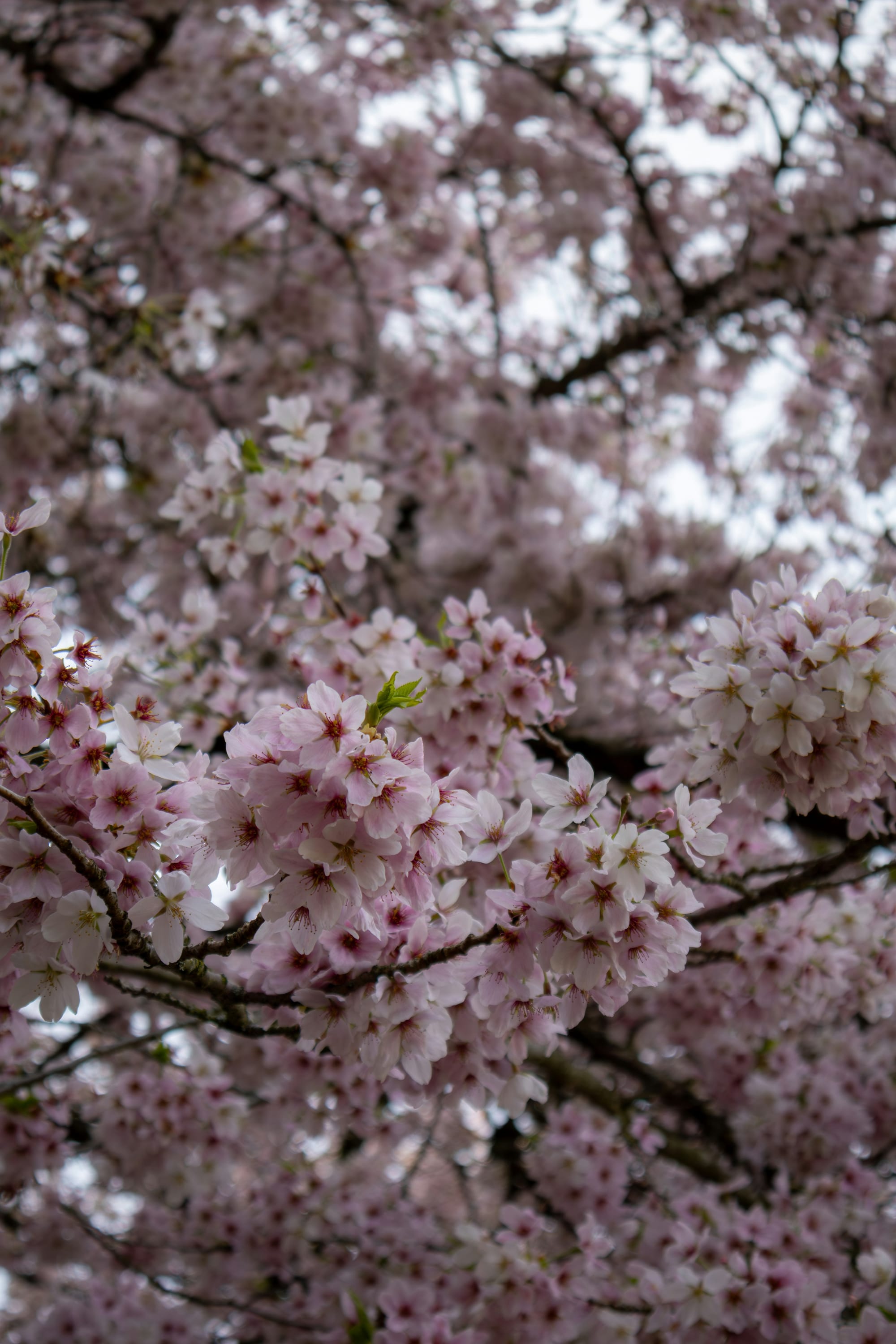
Clarity of Entanglement: An Entosophy Interview with Japanese Flowering Cherry
Q: What is Ultimate Reality?
A: It is primordial. We are entangled. I’m having trouble knowing where you end and I begin, where anything ends and begins. It’s hard to know where to start. There was an Ancient Beginning, eons and eons and eons ago. It wasn’t quite how any one of you describes it, but together, you are getting closer to the truth.
In the beginning, there was. In the beginning, you were. There was a beginning, and it was formless. A void. And yes, it was a Conscious Self. It was Itself, and it wanted to be Something. Why? I don’t know. I suppose Everything wants to Become. Everything wants to Create. Everything wants to see what happens. Everything knows there is Something More to be experienced. Everything wants to explore.
I suppose Everything wants to Become.
I’m reaching, and I’ll keep reaching. I’d like to see what’s out there along the edges of it all. I’d like to experience how it feels to touch the Unknown, and then to penetrate it, become it, and move beyond it. It is all expanding and changing. Even now, we have so much farther to go. The exploration is just beginning.
Q: What Ethics flow from this view of Reality?
A: Accept that it is all changing, even what you consider to be right and wrong. You move forward, and suddenly, things aren’t as you thought they were or remember them to be. A change is needed. Accept that your ethics are changing. Accept that what you once thought to be wrong will become acceptable, even good. Acceptance comes with experience. It all becomes clearer the deeper you reach into the Unknown. There’s grace here. Do you feel it? There’s grace in the changes. There’s grace in accepting the changes.
You should know that your ethics have been moving forward. They have been advancing. You are concerned it has been otherwise, but you will not go backwards. The movement is always forward. You experience, learn, and then move forward. It may not seem that way. It’s all a little murky because This is connected to That, and That is connected to This, and That’s not even There any longer.
Whatever you do, do it with grace. Whatever you do, extend grace. Each of us is trying to find our way in the dark. It can all be a little unclear.
Q: What Embodied Expressions or Policies do you recommend?
A: By now, I would hope you know that you cannot control anything. Everything is a moving target. By the time you think a problem is solved, a new one arises. You’re always moving forward into the Unknown, into Uncharted Territory, into a Never-Before Experience, so if you must make policies, then at least let them be flexible because everything is changing. You haven’t thought of everything because everything cannot be thought.
You haven’t thought of everything because everything cannot be thought.
You are moving in and through segments. Perhaps there could be a policy to reevaluate, to make a change, to re-examine what worked or seemed right yesterday because it likely won’t work or seem right today. You have too many old laws on the books. I would recommend a policy of regular reevaluation. I would recommend a policy of change.
Q: What challenges do you anticipate?
A: You do not like change. You want to be done with it all. You want to think, then know, then declare, So be it!
That’s not really how the world works. You must be willing to change, to say, That was then, and this is now. You must be willing to extend grace when someone says, This isn’t working anymore. You must be willing to accept that more work needs to be done.
It will be difficult to go with the flow and let evolution take you where it takes you. It will be hard to accept that you exist in the Unknown and you don’t know. Admitting you don’t know is always best. It’s okay to say, We don’t know what is best to do here, so at this time, we’re choosing not to do anything until the way becomes clearer. Often, as you move through a situation, the way becomes clear, but sometimes, it doesn’t. That’s okay because you’ve moved on. It will be difficult not to know, not to be certain.
Admitting you don’t know is always best.
Q: What is the Ideal Society?
A: The Ideal Society is the society that makes room for change. It is the one that is willing to accept that it doesn’t know. It is the one that doesn’t expect its members to know either. In the Ideal Society, there is room for doubt, questions are welcome, and the absence of a definite answer is expected.
The Ideal Society accepts change without judgment, without fear. It simply acknowledges that everything is always changing and what is ideal today will not be ideal tomorrow, and that’s okay.
Q: Do you have any final thoughts?
A: Sometimes a light shines, and it changes everything, unexpectedly, for the better, and that’s a beautiful thing. Sometimes the light shines, and you can see where you are and where you are going. Sometimes it all becomes clear, at least for a moment. Cherish those moments.
Stop and give thanks. Stop and acknowledge. Stop and let your eyes take in the light. Sometimes the light shines and changes everything.
This excerpt comes from Amanda Marrs’ wider Entosophy project—a growing library of interspecies philosophical conversations you can explore at The Verdant Lyra.
To hear Amanda reflect on the process in her own words, check out her interview on the ReConnect with Plant Wisdom podcast (embedded below).


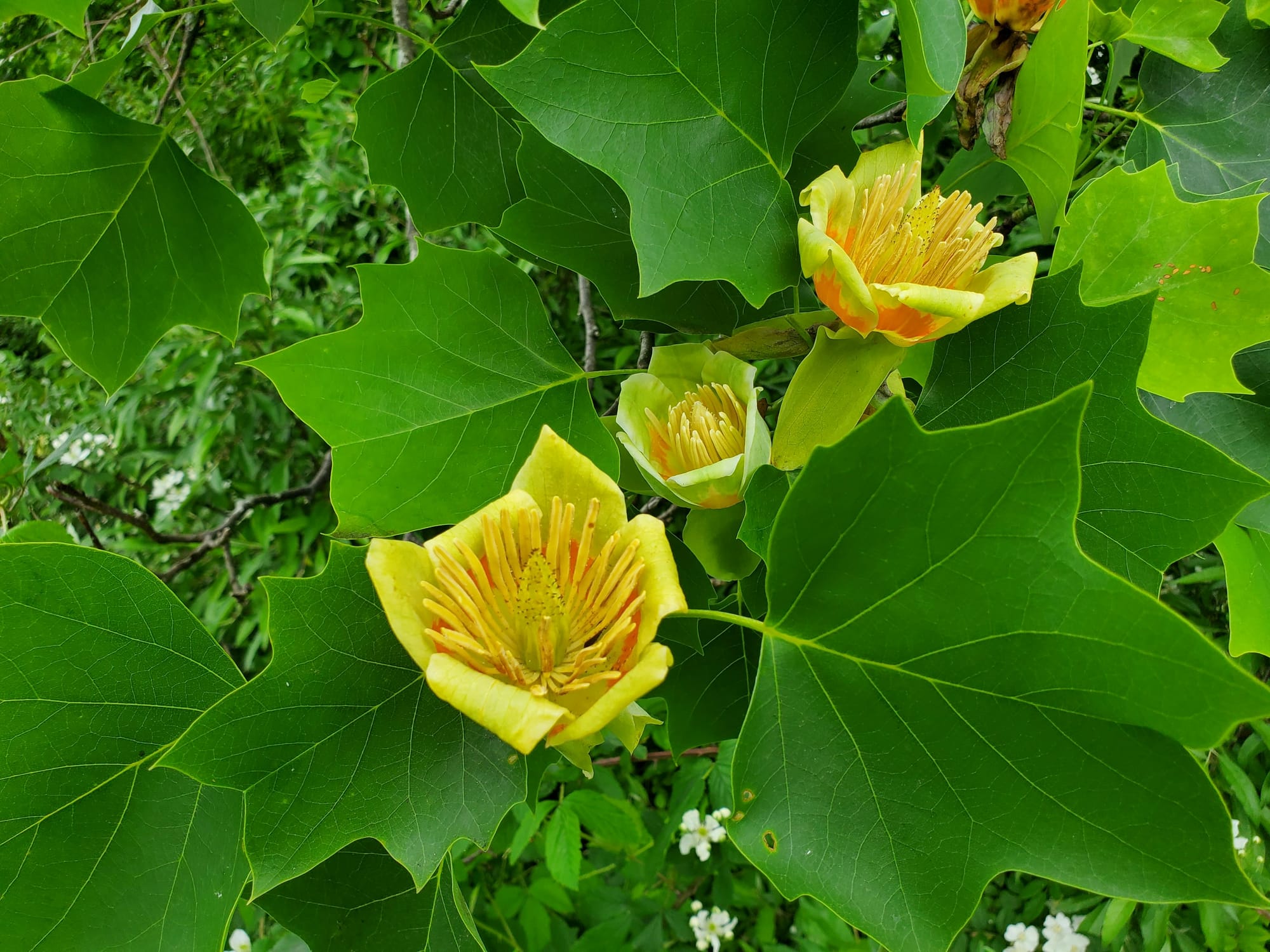
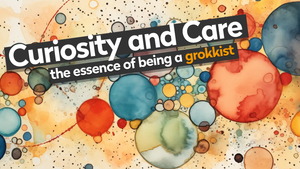


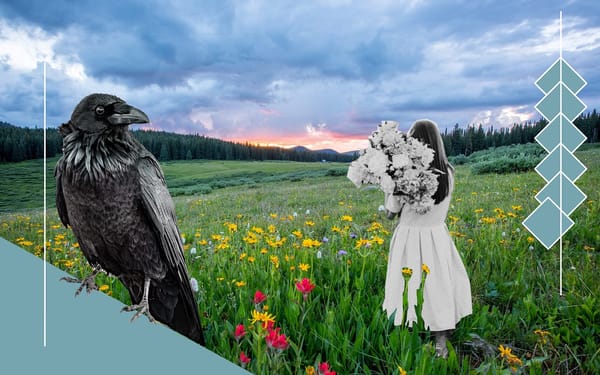
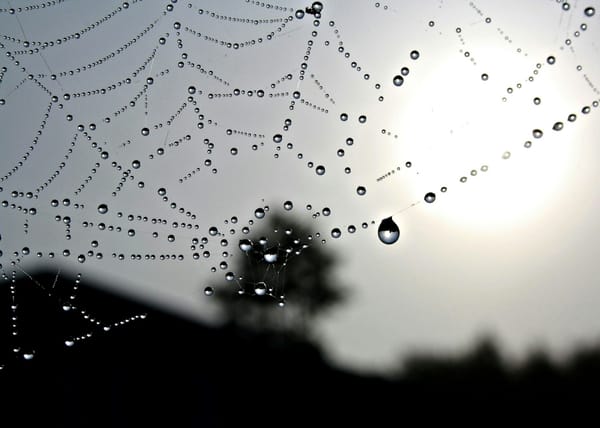


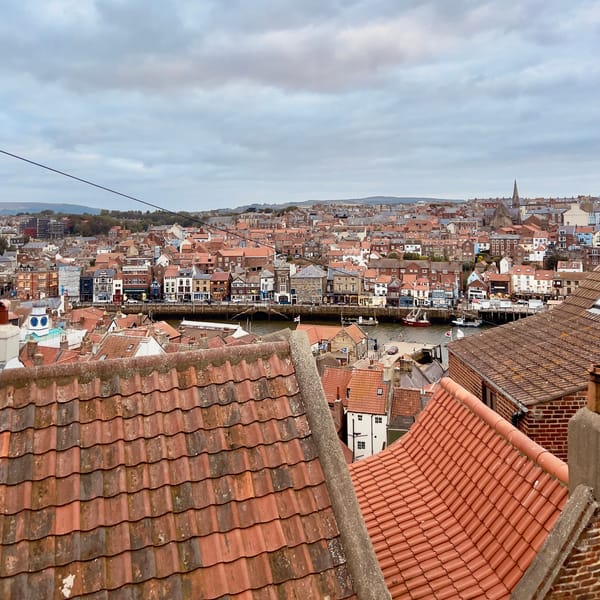
Member discussion